Cleanups help, but here’s what you can do next to beat plastic pollution
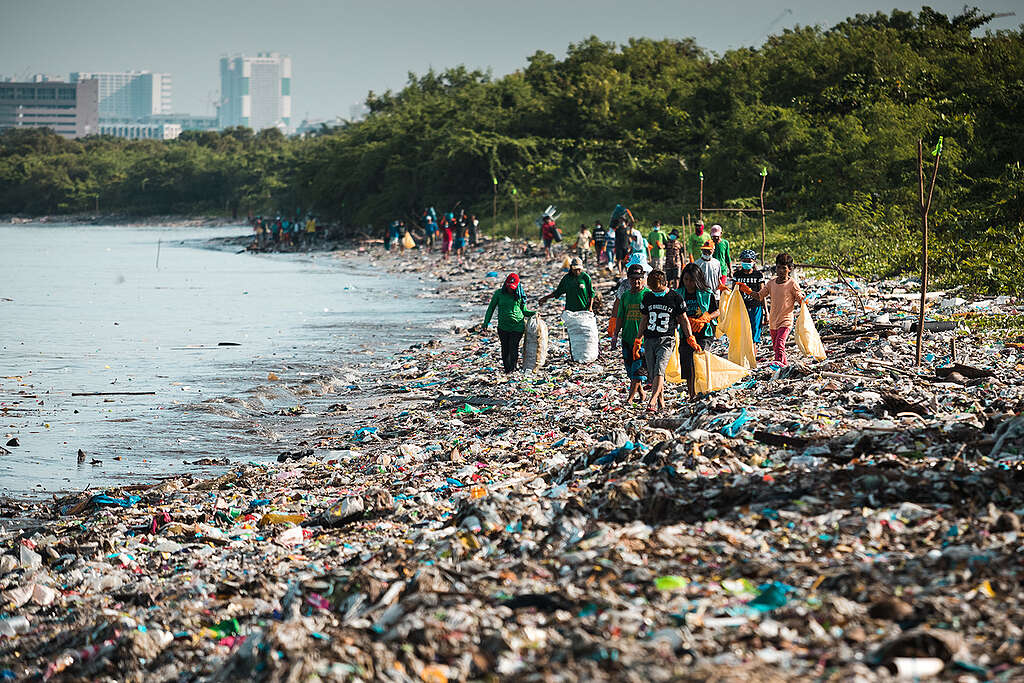
World Cleanup Day is an incredible global effort where people come together to pick up trash, especially plastic waste, from beaches, parks, and streets. It’s a wonderful way to unite communities, raise awareness on plastic pollution, and make a visible impact on the environment.
But here’s the thing: cleanups, while essential, aren’t enough to tackle the root cause of plastic pollution, which is the overproduction of single-use plastics.
So, what else can we do beyond picking up trash? Here are some meaningful actions you can do to complement your cleanup drives and bring us closer to a plastic-free future.
1. Switch to sustainable, plastic-free alternatives
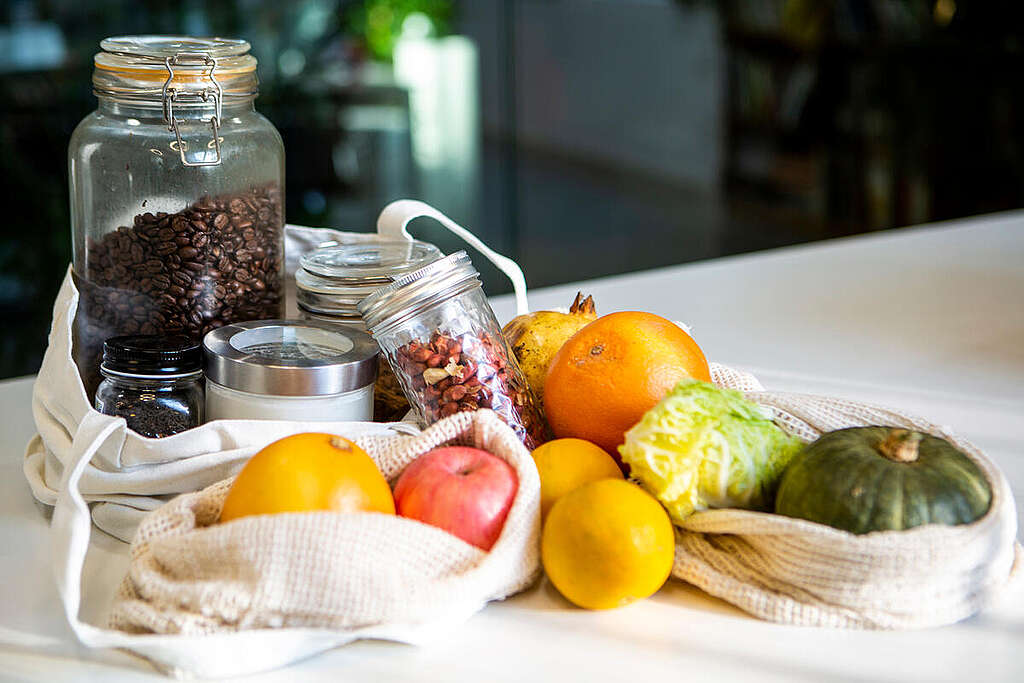
Cleanups clear up the mess for the meantime, but wouldn’t it be better if the mess never existed in the first place? One powerful way to help is by switching to plastic-free alternatives in your daily life. Choose products that are designed to be reused, refilled, or are made from sustainable materials. Whether it’s a refillable water bottle, reusable bags, or package-free groceries, every action adds up. The more we demand these alternatives from businesses, the less plastic they will produce!
2. Encourage businesses to cut down on single-use plastics
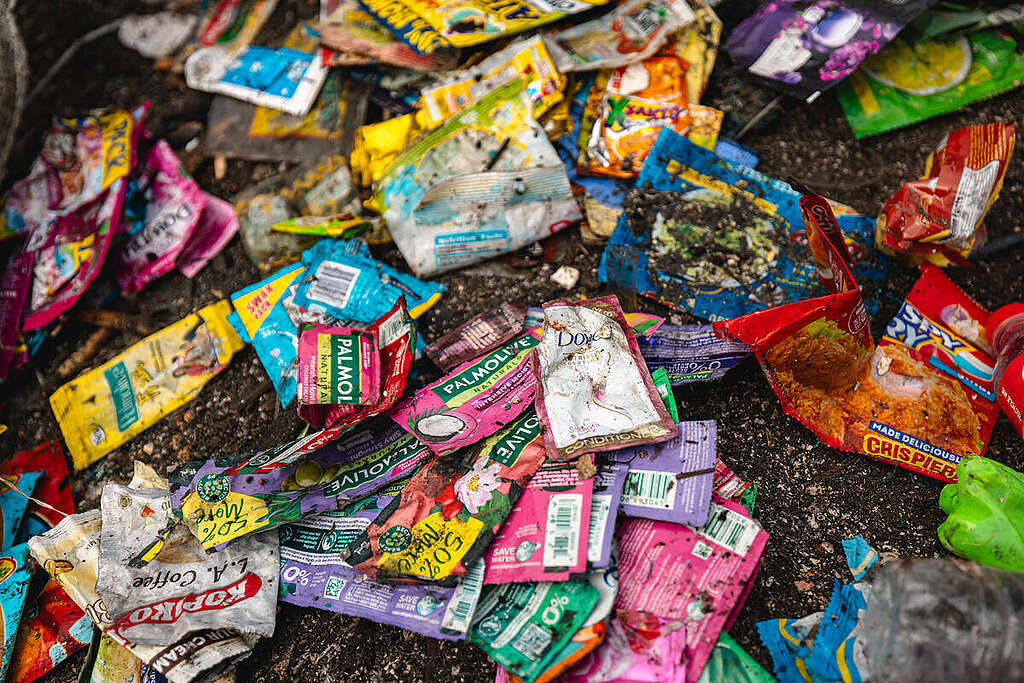
Businesses play a huge role in the plastic crisis, especially those big corporations relentlessly producing single-use plastics. In the Philippines alone, over 164 million sachets are used daily. As consumers, we have the power to influence change. Whether it’s by supporting businesses that are already committed to reducing plastic, or calling out those corporations that still rely on harmful plastic packaging, let companies know we want better, sustainable options. You can engage with brands through social media or petitions to push for more sustainable practices. Imagine the impact if your favorite food brand switched to reusable or refillable containers instead of single-use plastic sachets!
3. Engage your local government to pass plastic ordinances
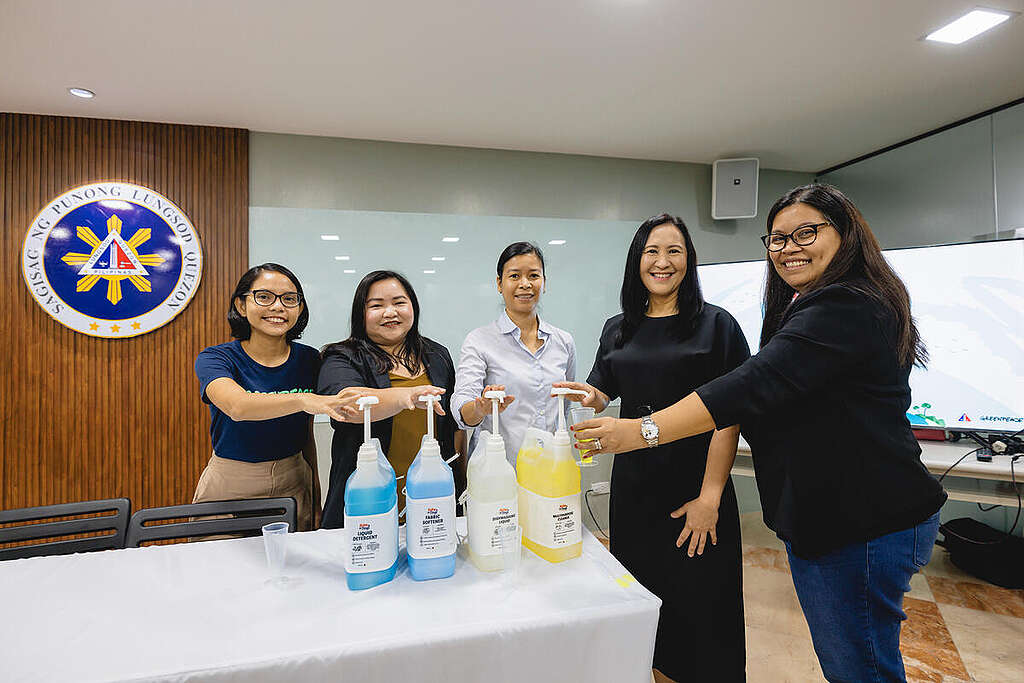
Governments are key players in regulating plastic production and use, so why not bring the conversation to your local leaders? Over 500 local governments and agencies in the Philippines have already passed ordinances regulating the use of single-use plastics like sando bags, plastic labo, straws, and utensils. If your community hasn’t taken steps yet, now’s the perfect time to advocate for these changes. Organize petitions, attend local council meetings, or collaborate with community organizations to push for stricter plastic regulations.
4. Stay informed on global sustainability efforts
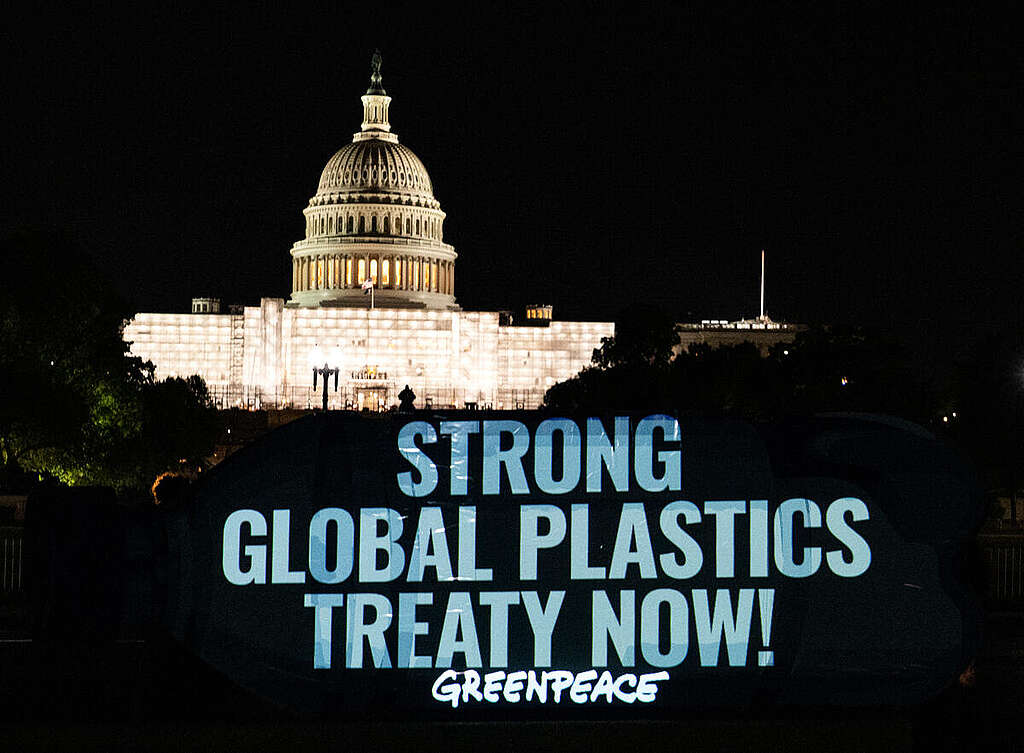
It’s important to stay informed about the bigger picture. One significant development to watch out for is the Global Plastics Treaty, which aims to address plastic pollution on a global scale. Understanding these larger legislative movements can empower you to advocate for stronger policies. Knowledge is power—staying informed means you can push for changes that go beyond just your neighborhood.
Cleanups are a good start, but they’re just one piece of the puzzle. By embracing plastic-free alternatives, pushing businesses to change, engaging your government, and staying informed, we can take bigger, bolder steps towards ending the plastic pollution crisis. Be part of the movement for a plastic-free future!
###

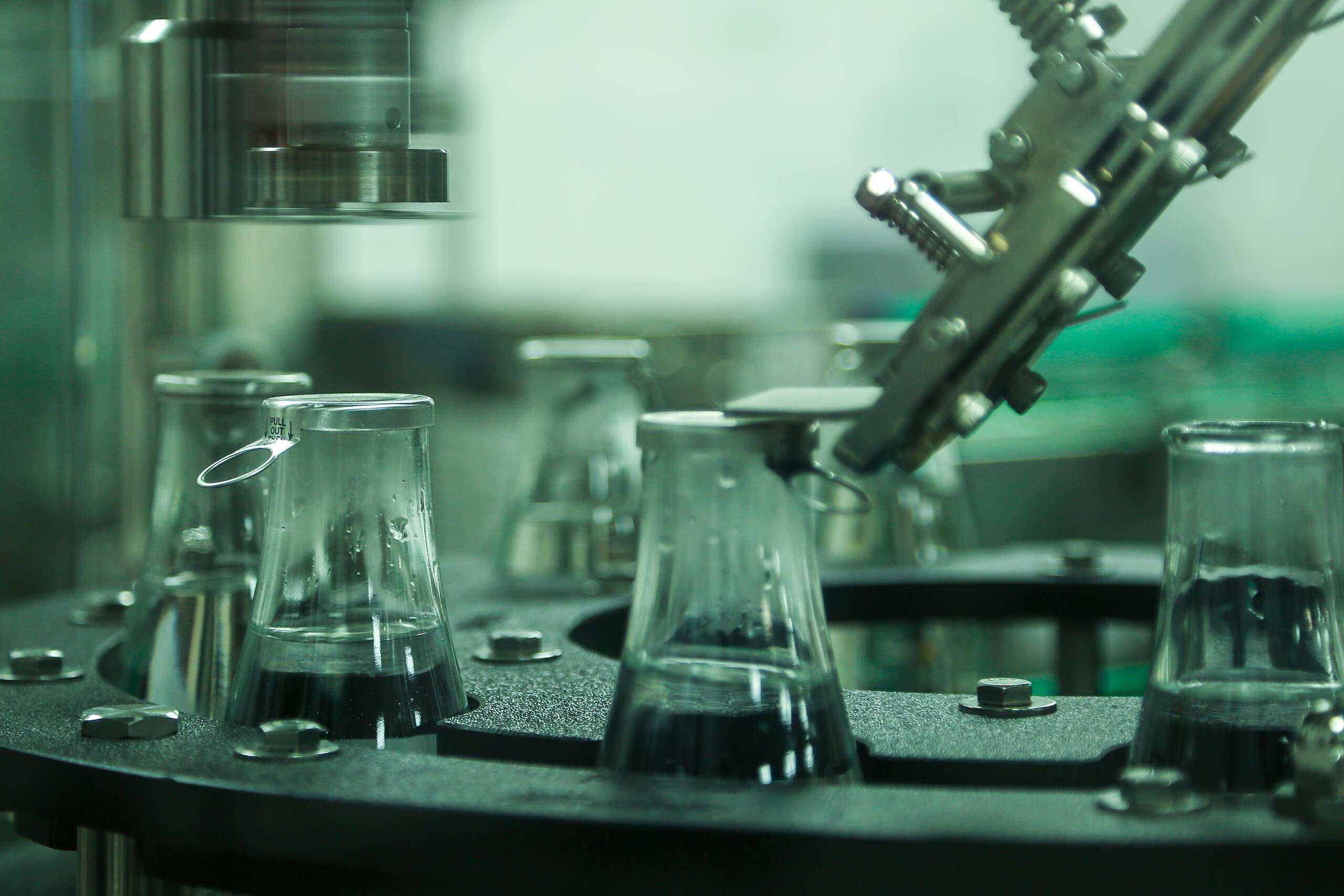
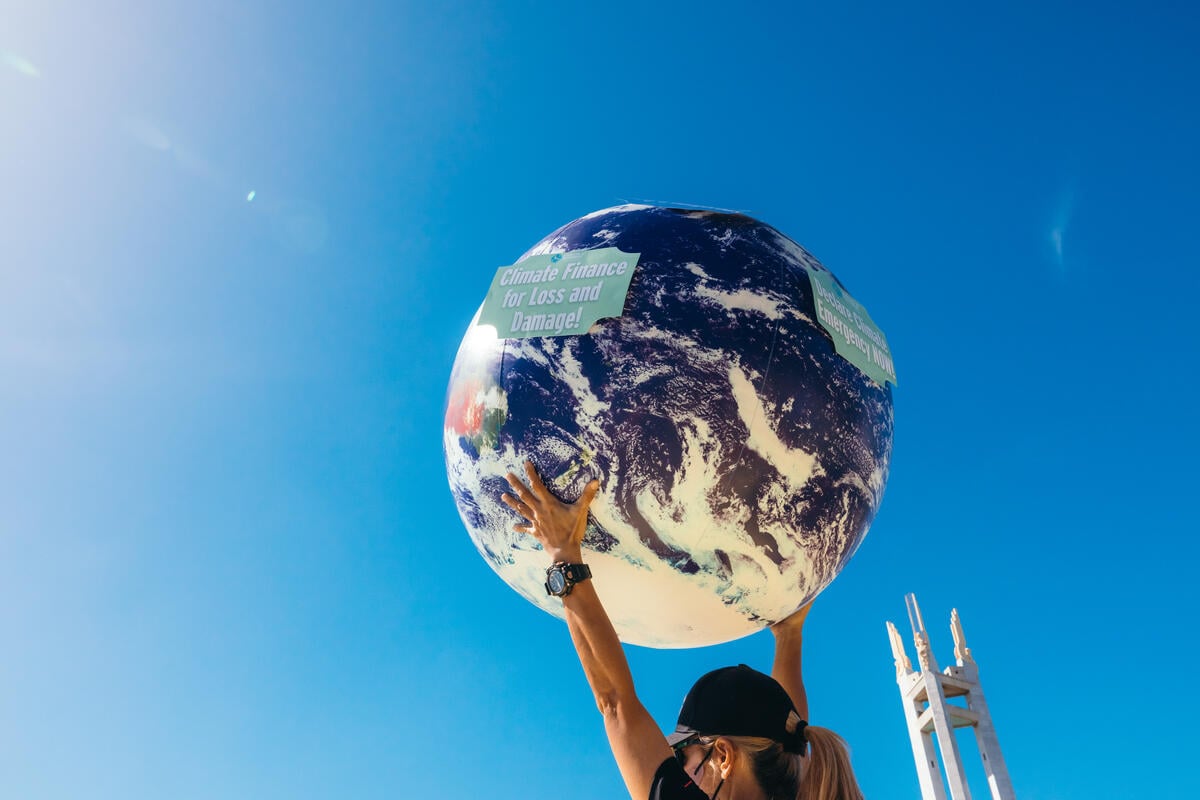
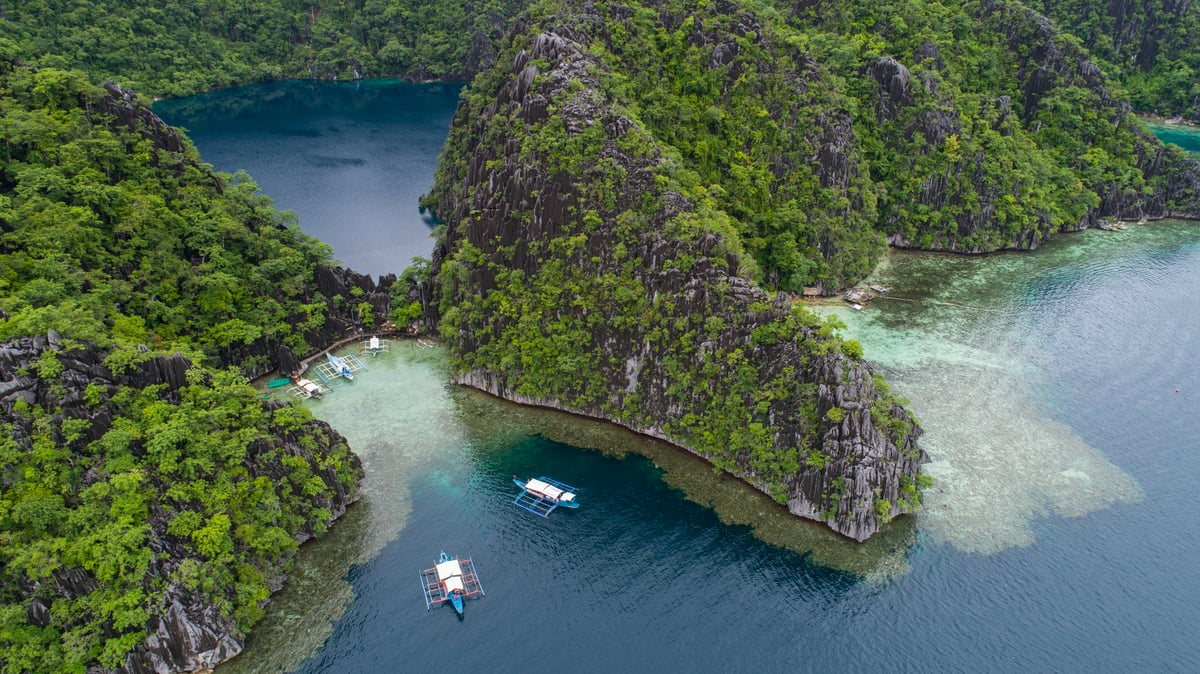
Discussion
I started this group Professional Ploggers of Kalinga Province and been doing thrashercizing on Saturdays..walk around and pick thrashes mostly plastics and cigarette butts. Started this in 2017 til many groups followed our activity .